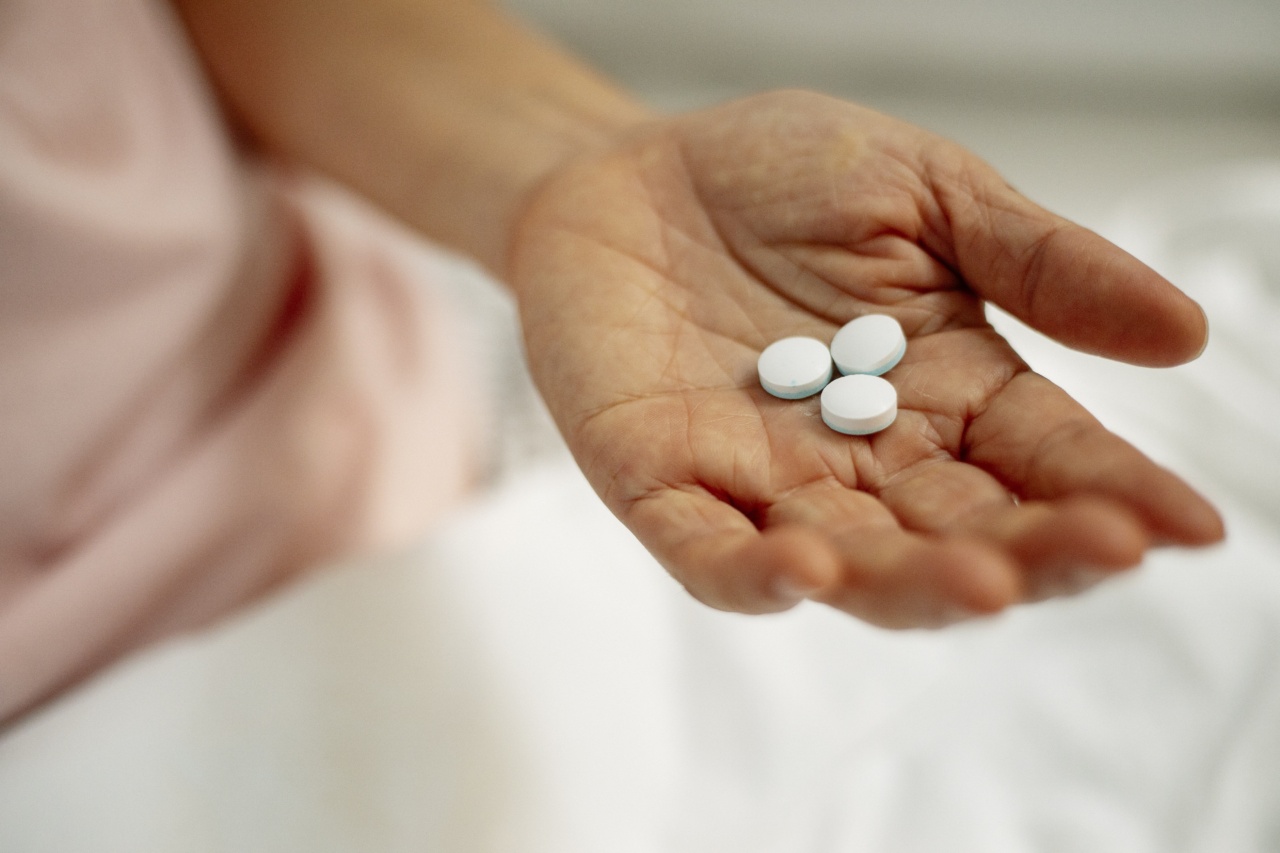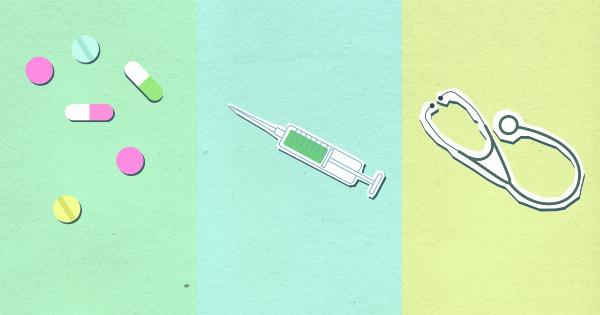Cystitis is a common and uncomfortable urinary tract infection (UTI) that primarily affects women.
It occurs when the bladder gets inflamed due to bacterial infection, leading to symptoms like frequent urination, pain or burning sensation during urination, cloudy or strong-smelling urine, and lower abdominal pain. While antibiotics are often prescribed to treat cystitis, there are several effective home remedies that can help alleviate the symptoms and promote healing. Let’s explore some of these natural remedies.
1. Stay Hydrated:
Increasing your water intake is crucial when dealing with cystitis. Water helps flush out bacteria and toxins from the urinary system, preventing infection and reducing inflammation.
Aim to drink at least 8 to 10 glasses of water daily to keep your bladder healthy.
2. Try Cranberry Juice:
Cranberry juice is well-known for its ability to prevent and treat urinary tract infections. It contains compounds called proanthocyanidins, which inhibit the bacteria from sticking to the urinary tract walls.
Drink unsweetened cranberry juice regularly or take cranberry supplements to help relieve cystitis symptoms.
3. Opt for Probiotics:
Probiotics, especially those containing Lactobacillus bacteria, can help restore the balance of good bacteria in your urinary tract. These helpful bacteria inhibit the growth of harmful bacteria, reducing the risk of UTIs and supporting bladder health.
Include probiotic-rich foods like yogurt, kefir, or sauerkraut in your diet or take a high-quality probiotic supplement.
4. Apply Heat:
Applying heat to the lower abdomen may help alleviate pain and discomfort associated with cystitis. Use a heating pad or a hot water bottle and place it on your lower abdomen for 10-15 minutes.
The warmth can help relax the bladder muscles and relieve pain.
5. Increase Vitamin C Intake:
Vitamin C is known for its immune-boosting properties and its ability to acidify the urine, creating an unfavorable environment for bacteria to thrive.
Include more vitamin C-rich foods in your diet, such as citrus fruits, bell peppers, strawberries, and leafy greens. You can also consider taking a vitamin C supplement, but consult your healthcare provider before doing so.
6. Practice Good Hygiene:
Proper hygiene is essential in preventing and managing cystitis. Always wipe from front to back after using the toilet to prevent bacteria from entering the urethra.
Additionally, urinate before and after sexual activity to help flush out any bacteria that may have entered the urethra during intercourse.
7. Avoid Irritants:
Certain foods and beverages can irritate the bladder and worsen cystitis symptoms. Avoid caffeine, alcohol, spicy foods, carbonated drinks, and artificial sweeteners.
These substances can potentially irritate the urinary tract and aggravate the condition.
8. Take Over-the-Counter Pain Relievers:
Over-the-counter pain relievers like ibuprofen or acetaminophen can help reduce pain and alleviate discomfort associated with cystitis.
However, make sure to follow the recommended dosage and consult your healthcare provider if you have any underlying health conditions or are taking other medications.
9. Use Herbal Remedies:
Several herbal remedies have shown potential in relieving cystitis symptoms. Some commonly used herbs include uva ursi, goldenseal, and buchu leaf. These herbs have antimicrobial properties and can help fight off the bacteria causing the infection.
Note that herbal remedies may interact with certain medications, so it’s essential to consult with a healthcare professional before using them.
10. Practice Stress Management:
Stress can weaken the immune system and make you more susceptible to infections.
Cystitis can be aggravated by stress, so it’s crucial to practice stress management techniques like deep breathing exercises, meditation, yoga, or engaging in activities you enjoy. By reducing stress levels, you can support your body’s natural healing process.
Conclusion:
While cystitis can be incredibly uncomfortable, there are plenty of natural remedies that can help alleviate the symptoms and promote healing.
Stay hydrated, try cranberry juice, incorporate probiotics and vitamin C into your diet, practice good hygiene, avoid irritants, and consider using herbal remedies under professional guidance. Additionally, managing stress levels can play a significant role in preventing and managing cystitis. Remember, always consult with your healthcare provider for a proper diagnosis and guidance on the best treatment plan for your specific condition.






























